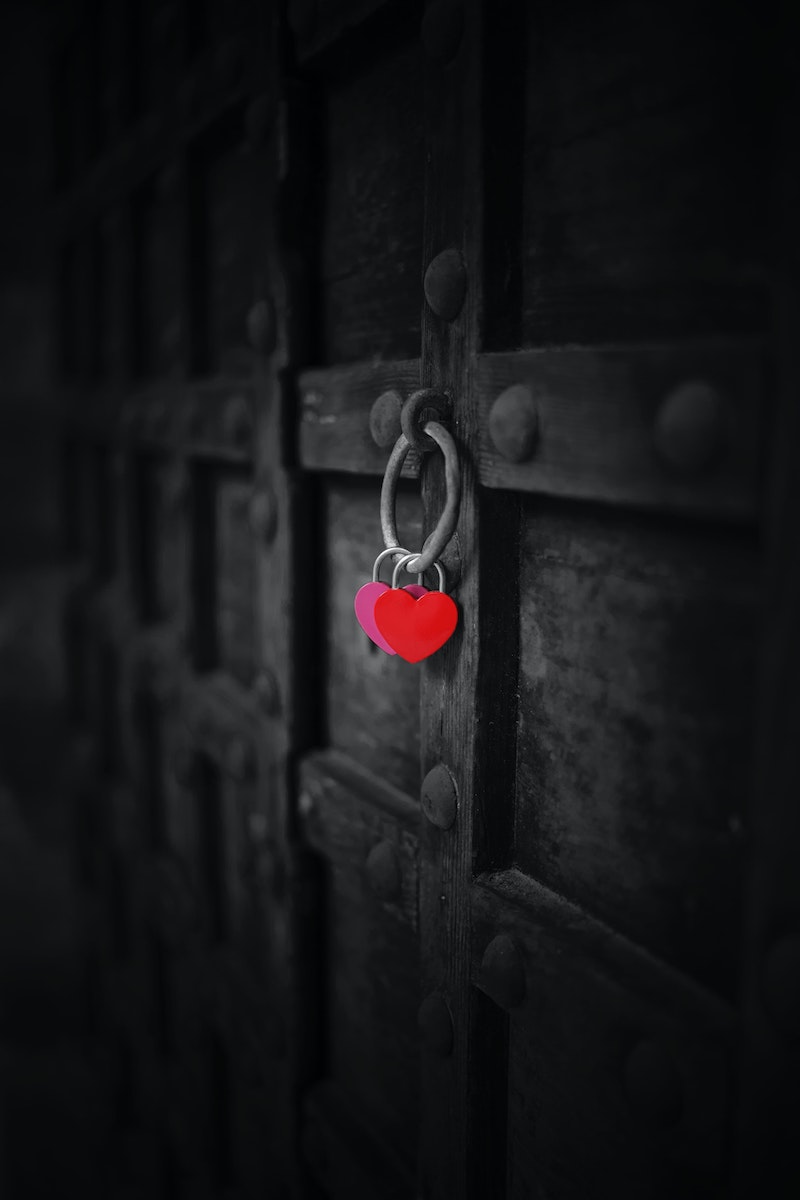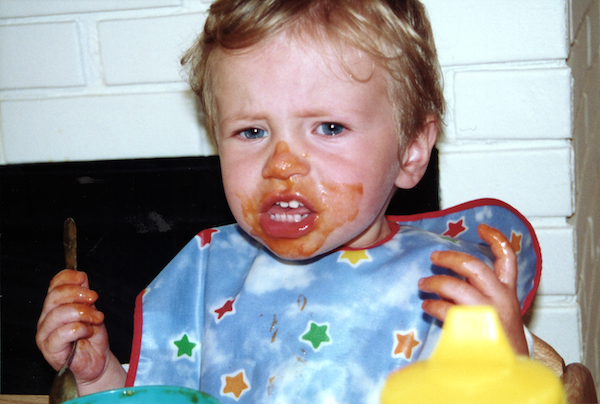Category: Health
-

Avant! Welcome to my parenting blog archives
My children are grown, my interests have moved on, so this blog is no longer being updated. However, there’s good stuff here, much of it as true now as when it was written. Please feel free to browse, or click the headline above to access quick links to my favorite topics. One last piece of…
-

Remember: there’s one door you can’t lock
Being sad is part of the holiday season. Anyone in mental health care can tell you that. In my case, I’m sad this holiday season not for myself, but for others. Many in this country appear to believe that the door to their heart can be closed and locked. They’re wrong.
-

On raising a “tryer”
One of the major issues that parents struggle with is food. Why, living in a time and place of plenty, is food such a struggle? Food choices often relate to family harmony, neurodiversity, gender, relationships with grandparents, health… In other words, food is related to everything in a way that few other aspects of human…
-

‘First world problems’ are everyone’s problems
When someone replies to your expression of despair with the phrase “first world problems,” they are dismissing you. They are saying that your despair is not valid, that by expressing your despair, you are insulting the millions who suffer greater physical distress than you do.
